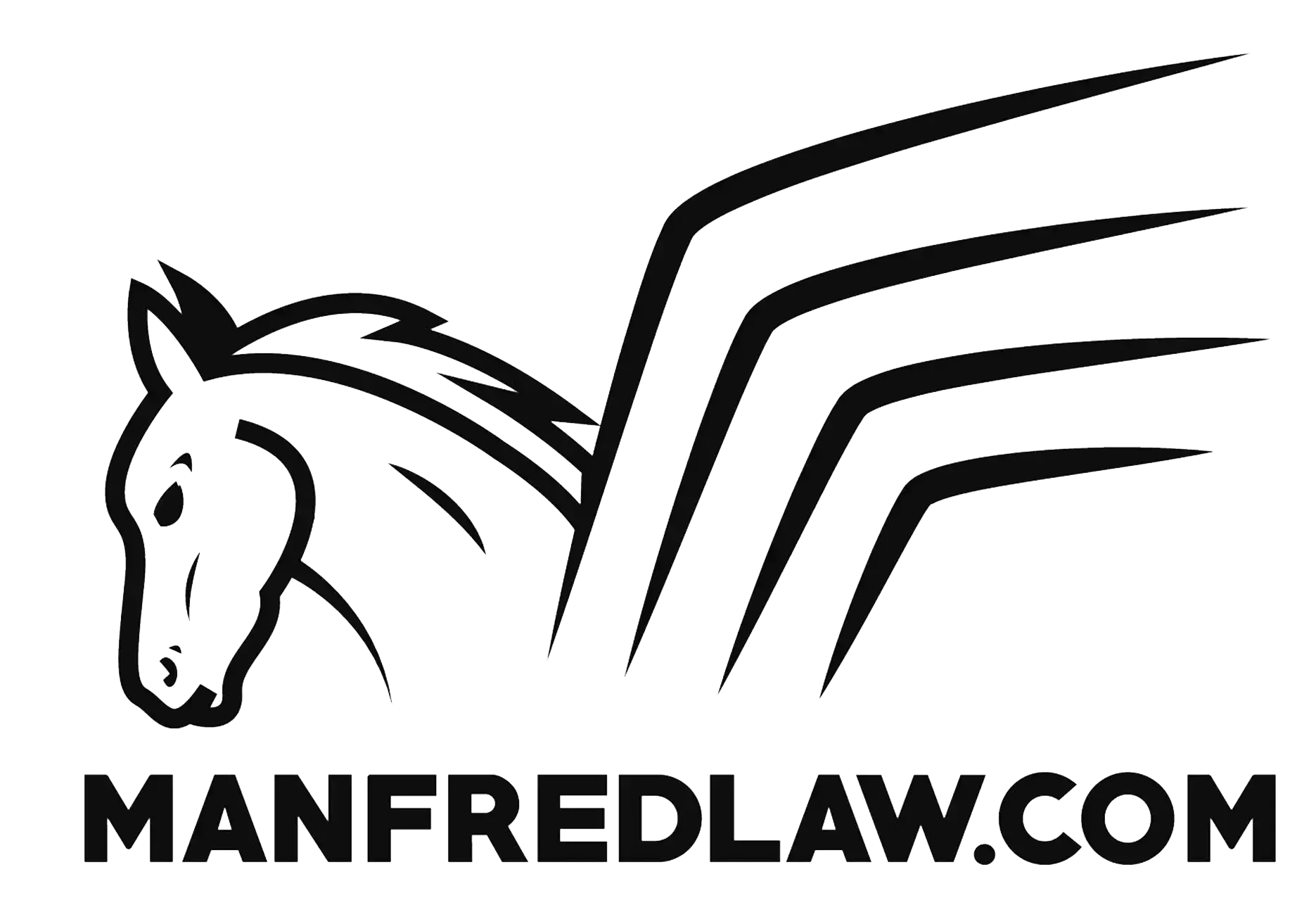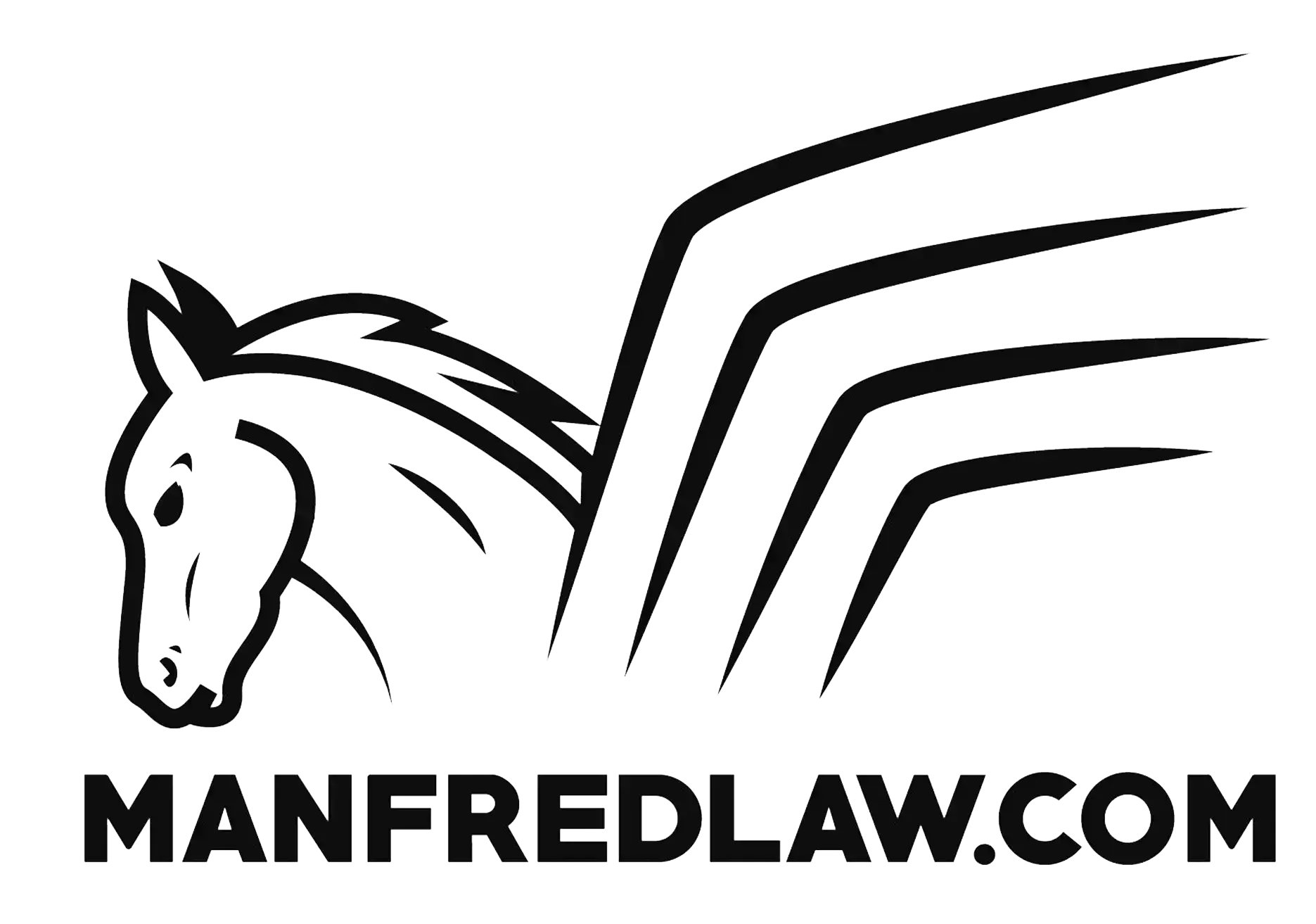Tax Foreclosure vs. Mortgage Foreclosure: Part I
Tax Foreclosure vs. Mortgage Foreclosure: Part I

If you’re facing a foreclosure on your home, you’re no doubt worried about what happens next, whether a foreclosure sale of your home will erase your debts, and whether there might be anything left over. But the process can vary based on whether you’re going through a tax or mortgage foreclosure. That’s why it’s important to understand the process for your foreclosure in Texas and to ensure that you have an experienced attorney guiding you. In this post, we’ll walk you through Part I of our discussion about what happens after a tax foreclosure sale.
After a Tax Foreclosure
In Texas, the state tax code governs the process of distributing the proceeds from a tax foreclosure. After the sale, the proceeds go to:
• Advertising the tax sale,
• Any fees from the judgment that must be paid to a guardian ad litem,
• Court costs owed to the county clerk,
• Fees and commissions for the officer who conducted the sale,
• Expenses the taxing unit incurred in locating necessary parties,
• Taxes, interest, penalties, and attorney’s fees due under the court judgment, and
• Any other amount the court awarded to the taxing authority in the judgment.
Recovering Excess Proceeds
After the taxes and other fees and costs are paid from the foreclosure, any proceeds left over are called “excess proceeds.” If there are excess proceeds, they may be applied to any other liens on your home. If no more obligations exist, you are entitled to recover the excess proceeds.
The court must notify you by certified mail of any excess proceeds over $25 within 31 days of the sale. After that, you can petition the court for the money within two years of the sale. However, sometimes attorneys won’t take these cases because of limits on how much they can charge you by law in certain contexts. Under Texas law:
A fee charged by an attorney to obtain excess proceeds for an owner may not be greater than 25 percent of the amount obtained or $1,000, whichever is less. A person who is not an attorney may not charge a fee to obtain excess proceeds for an owner.
Tex. Tax Code § 34.03(3)(i) (2011).
The statutory language serves as a precise guideline. However, you may still need further legal expertise to identify and proactively manage other potential issues or budding conflicts.
Right of Redemption in Tax Scenarios
If your primary home is sold through a tax foreclosure, you may also have the right to recover the property within two years after the sale. To recover your home, you’ll have to pay the purchase amount, any penalties, interest, recording fees, and a 25 to 50% redemption premium, which varies depending on how long the purchaser has owned the home. It’s important to note that there is no general right of redemption after a mortgage foreclosure in Texas.
You Need a Team with Experience
If your home is in foreclosure because of unpaid taxes, you don’t have to figure this out alone. We can help. Call us at (713) 547-5460 or online to request a consultation.










